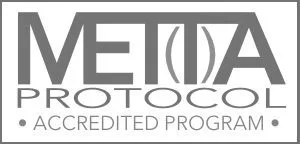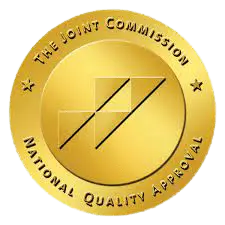Detox is often the first step in recovery for people with substance abuse problems.
It’s a physically and mentally demanding process, but knowing what to expect during detox can help reduce some fears or uncertainties.
Continue reading for an overview of crucial detox stages, valuable tips, and how SEE Purpose Treatment Center can support you or your loved one through it all!
The First Stage: Preparation and Evaluation
Preparing for Detox
Before starting the detox process, healthcare professionals conduct a thorough evaluation.
This assessment is essential because it helps develop a customized detox plan that addresses individual specific needs. Here’s what happens typically:
- Medical History Review: Understanding past health issues and history of substance use.
- Physical Examination: Assessing overall well-being and identifying any urgent medical problems.
- Mental Health Evaluation: Appraising psychological status to deal with possible underlying concerns.
Setting Expectations: What to Expect During Detox
Understanding what to expect during detox can calm nerves and prepare individuals emotionally and mentally. During this stage, healthcare providers usually:
- Explain the detox process
- Talk about potential withdrawal symptoms
- Provide comfort and encouragement
Inside Your Body During The Detox Process: What Happens?
The First Few Hours
Withdrawal symptoms may appear during detox once your body gets rid of toxins.
These differ based on the drug or substance used as well as its usage duration, among other factors. Some common early signs include:
- Sweating
- Nausea and Vomiting
- Anxiety
- Muscle Pain or Discomfort
Days 1-3: The Peak
The most brutal detox symptoms usually hit between days one and three as withdrawal reaches its peak.
Many people find this stage particularly challenging when they’re quitting substances like alcohol, among others. They often experience:
- Severe Anxiety
- Insomnia or Sleeplessness
- Hypertension or High Blood Pressure
- Elevated Heart Rate
Days Four To Seven: Gradual Improvement
Symptoms gradually lessen after hitting their initial peak, though they still linger.
However, they become more manageable, especially with the proper medical care and support, until you recover fully.
Some examples include :
- Tiredness
- Mood Swings
- Restlessness
Support Systems: You’re Not Alone
Medical Supervision
Detoxing at places like SEE Purpose Treatment Center, under the watchful eye of qualified staff, ensures clients get the close monitoring they need throughout their stay.
They’ll be taken care of until they’re ready to return home safely, fully healed, and without complications.
Such facilities provide around-the-clock services, ensuring safety always comes first above anything else, including but not limited to:
- Medication Management: To ease withdrawal symptoms
- Emergency Care: Immediate response to any health concerns
Emotional And Psychological Support
Detoxing isn’t just about the physical changes happening in someone’s body; it’s also about the emotional shifts within them.
It takes a lot of effort to ensure everything goes smoothly every single time during the regular sessions, which can last weeks or even months, sometimes longer, depending on the person.
SEE Purpose Treatment Center offers a range of therapies designed to help individuals struggling with the emotional challenges often caused by prolonged exposure to various forms of addiction.
If you’ve been searching for support elsewhere, consider exploring the options available here, including Dialectical Behavior Therapy (DBT) and Cognitive Behavioral Therapy (CBT).
These therapies are tailored to help you develop coping mechanisms, address the underlying issues, and strengthen your mental resilience.
They ultimately enhance your well-being and improve the quality of your life.
Our caring team of trained and skilled professionals is experienced in working with people from all walks of life, respecting different backgrounds, cultures, beliefs, values, and preferences.
Beginning Again: Recovery
Ongoing Support
Recovery starts with detox. After detox, further treatment is necessary for sobriety and relapse prevention.
SEE Purpose Treatment Center provides all-inclusive aftercare programs guaranteeing perpetual support.
- Continued Therapy: Sessions to solidify coping skills
- Support Groups: Peer support for sharing experiences and challenges
- Family Involvement: Strengthening relationships and developing a supportive community
Discovering Your Purpose at SEE Purpose Treatment Center
Helping individuals “Find Your Purpose” is our SEE Purpose Treatment Center mission.
We believe in empowering clients to identify their strengths, set achievable objectives, and create a life of fulfillment without addiction.
Detox can be intimidating, but knowing what to expect during detox may help you deal with it better.
Contact us today for more information about how we can help you start your recovery journey at SEE Purpose Treatment Center.







